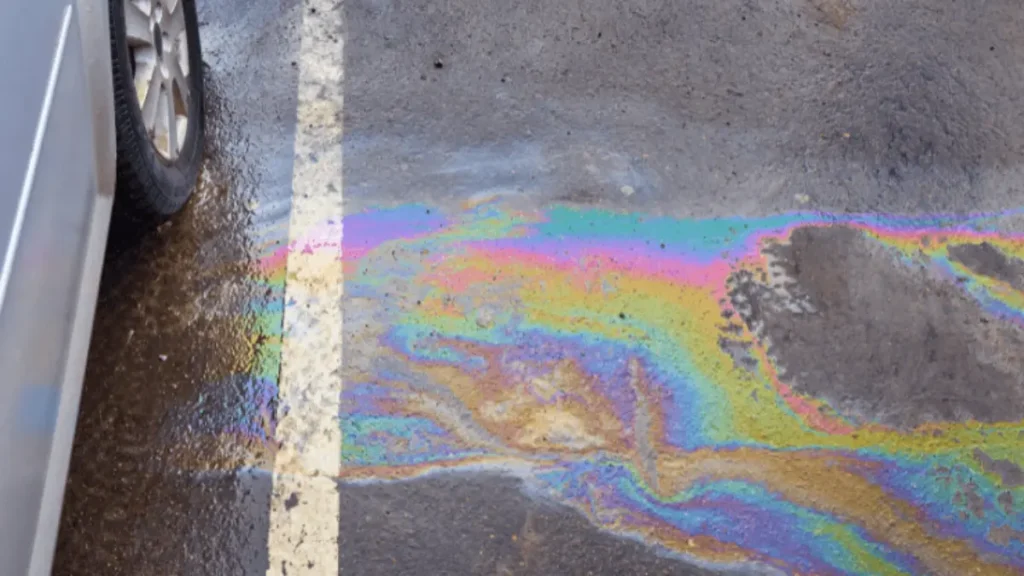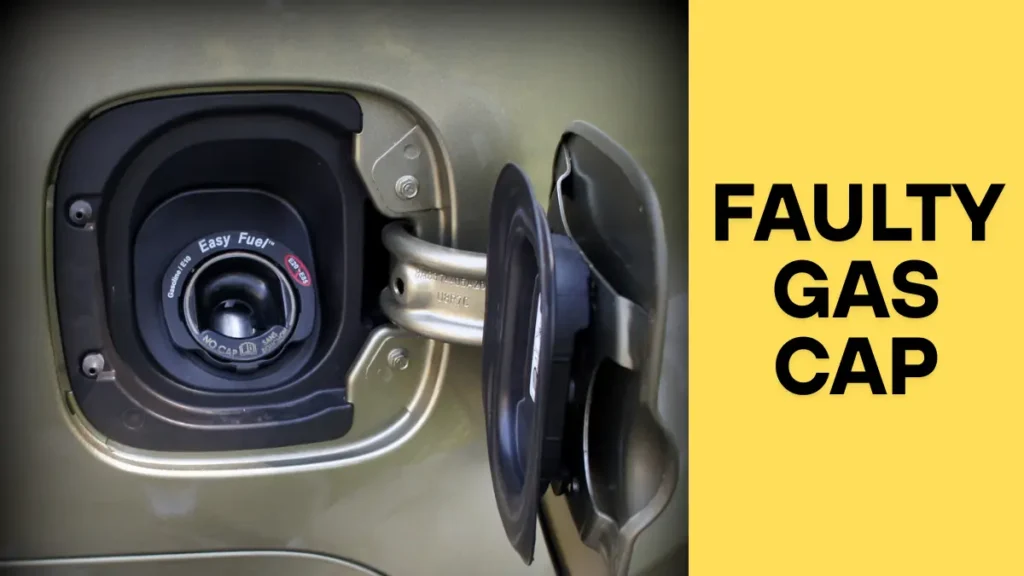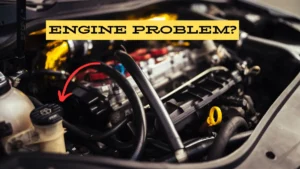If you ever catch a whiff of petrol inside your car, it’s not something to ignore. The presence of a petrol smell inside your car could indicate anything from a minor issue to a major safety hazard. Understanding the possible causes and knowing how to address them can help keep you safe on the road.
Why Does My Car Smell Like Gasoline?
Several factors can contribute to a petrol smell in a car. Some may be harmless and temporary, while others require immediate attention. Here are the most common reasons why you might detect a gas odor inside your vehicle:
1. A Fuel Leak

One of the most critical causes of a petrol smell inside a car is a fuel leak. Gasoline can leak from various points, such as the fuel tank, fuel injectors, or fuel lines. Even a small leak can be hazardous, leading to fire risks.
What to Do:
- Inspect for visible fuel puddles under your car.
- If you suspect a fuel leak, avoid driving and get your vehicle checked by a mechanic immediately.
2. A Loose or Faulty Gas Cap

A missing, loose, or damaged gas cap can allow petrol fumes to escape from the fuel tank, causing a persistent petrol smell in the car.
What to Do:
- Ensure your gas cap is tightly secured after refueling.
- If it appears cracked or worn out, replace it with a new one.
3. Faulty Fuel Pressure Regulator
A malfunctioning fuel pressure regulator can cause your engine to burn too much fuel, leading to a stronger smell of gasoline in your exhaust and, consequently, inside your car.
What to Do:
- Look out for signs such as poor fuel efficiency and engine misfires.
- Have a mechanic inspect and replace the fuel pressure regulator if needed.
4. Fuel Injector Issues
A damaged or leaking fuel injector can cause raw gasoline to escape, leading to a gas smell inside the car. This issue can also result in reduced engine performance.
What to Do:
- Have a professional inspect your fuel injectors and repair or replace any faulty ones.
5. A Leaky Exhaust System
Exhaust fumes should be directed away from your vehicle through the tailpipe. If there’s a leak, unburnt fuel can enter the car cabin, leading to a strong gasoline smell.
What to Do:
- Pay attention to loud engine noises and exhaust smoke.
- Get your exhaust system checked for leaks and necessary repairs.
6. Recent Refueling
If you notice a petrol smell in your car after refueling, it could simply be due to spilled fuel or fumes temporarily lingering.
What to Do:
- Roll down your windows and let fresh air circulate.
- Check your clothing and hands for any fuel residue.
7. Worn-Out Charcoal Canister
The charcoal canister is part of your car’s evaporative emissions system, designed to trap fuel vapors. If it becomes damaged, fuel fumes may escape into your car’s interior.
What to Do:
- If you notice a persistent gasoline smell along with decreased fuel efficiency, have your charcoal canister inspected and replaced if necessary.
8. Cracked or Damaged Fuel Lines
Over time, fuel lines can develop cracks due to wear and tear, leading to leaks and gasoline odors.
What to Do:
- Look under your car for any signs of leaks.
- Have a mechanic inspect your fuel lines and replace them if necessary.
9. An Older Vehicle Model
Older cars, particularly those made before the mid-1980s, often don’t have advanced fuel vapor recovery systems, making them more prone to emitting gasoline odors.
What to Do:
- If you drive an older car, be mindful of fuel smells and ensure your emissions system is functioning properly.
Is It Safe to Drive with a Gas Smell Inside the Car?
Driving a car that smells like petrol is dangerous. Gasoline is highly flammable, and inhaling its fumes for extended periods can cause health issues, including headaches, dizziness, and nausea.
If you notice a persistent fuel smell, follow these steps:
- Turn off your vehicle immediately to prevent ignition risks.
- Open the windows to allow fresh air to circulate and remove the fumes.
- Check for visible fuel leaks around the engine and under the car.
- Avoid smoking or open flames near your car.
- Contact a professional mechanic to diagnose and fix the issue before driving further.
How to Prevent a Petrol Smell Inside Your Car
To minimize the risk of experiencing a gas smell inside a car, follow these preventive measures:
1. Regular Vehicle Maintenance
- Schedule routine inspections and servicing every 12,000 miles.
- Ensure your fuel system is in optimal condition.
2. Secure the Gas Cap Properly
- Always double-check that your gas cap is tightly sealed after refueling.
3. Inspect for Leaks
- Periodically check under your car for signs of fuel leaks.
- Replace worn-out fuel hoses and connectors.
4. Monitor Fuel Efficiency
- A sudden drop in fuel efficiency could indicate a fuel system issue.
5. Ensure Proper Ventilation
- Keep your cabin air filters clean to prevent the accumulation of fuel odors.
Final Call
A petrol smell inside a car is never something to overlook. Whether it’s due to a minor issue like a loose gas cap or a more severe problem like a fuel leak, it requires immediate attention. By identifying the cause and taking appropriate action, you can ensure both your safety and the longevity of your vehicle. Always prioritize timely repairs and routine maintenance to keep your car running smoothly and free from hazardous fumes.
Why would the inside of my car smell like gas?
A strong gasoline smell inside the car can be due to a fuel leak, a faulty fuel injector, a loose gas cap, or an evaporative emissions system issue. If you notice this smell, it’s best to inspect the car immediately.
Can I drive my car if it smells of petrol?
No, driving a car that smells like petrol can be dangerous. Gasoline vapors are highly flammable and indicate a potential leak, which could lead to a fire hazard. Have your car checked by a mechanic as soon as possible.
Why does my car AC smell like gas?
If your car’s AC emits a gasoline smell, it could be due to a fuel system leak, clogged cabin air filters, or exhaust fumes entering the ventilation system. Checking the fuel lines and ensuring proper ventilation can help diagnose the issue.
Why does my car smell of fumes inside?
Exhaust fumes inside the cabin may indicate a damaged exhaust system, a leaking manifold, or a problem with the catalytic converter. Breathing in these fumes is hazardous, so immediate inspection and repair are necessary.
Why does my car smell like petrol when stationary?
If your car emits a petrol smell when idling, it could be caused by a leaking fuel line, an overfilled fuel tank, or an issue with the fuel evaporative system. A mechanic should check the vehicle to prevent further risks.




